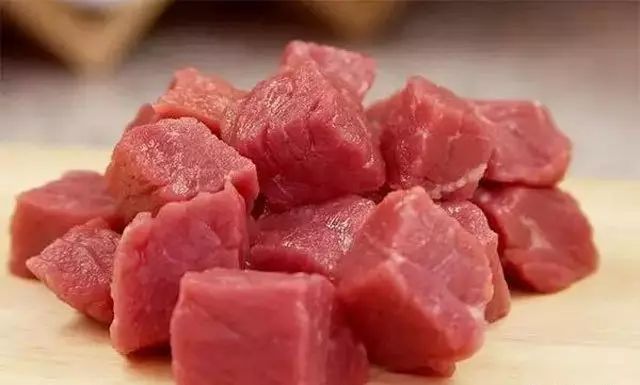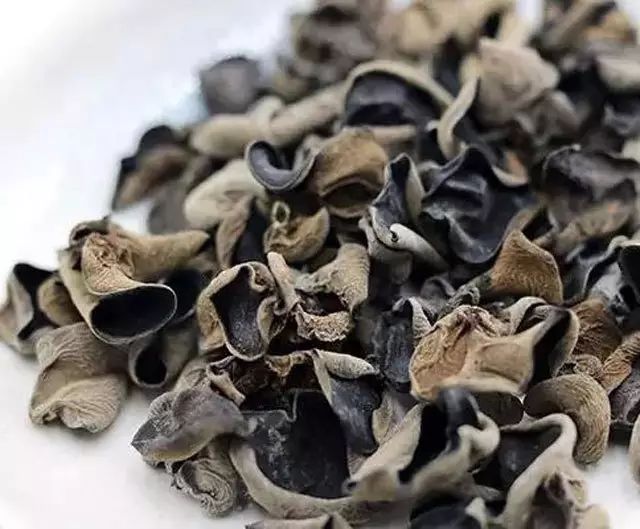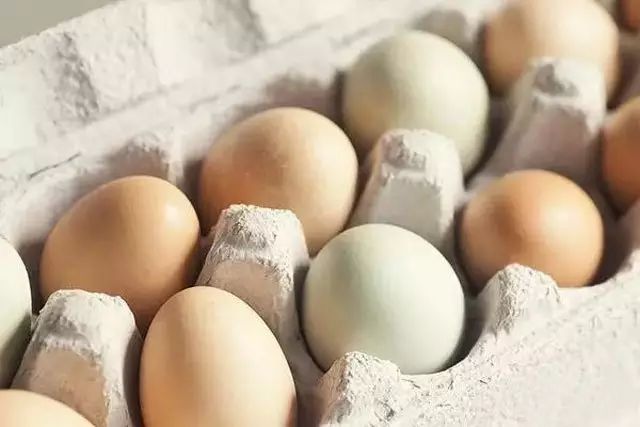

Nowadays, more and more people are focusing on maintaining their health, often starting with blood supplementation. This is especially important for women; once the body is anemic, immunity decreases, and it is essential to promptly replenish with high-protein or nutritious porridge to increase blood volume. Careful selection and control of diet are crucial.


Anemia
For those looking to supplement blood, iron is the fundamental material for hematopoiesis. Iron deficiency anemia, caused by a lack of iron in the body, is the most common type of anemia, accounting for about 80% of all anemic conditions. For general iron deficiency anemia, increasing hemoglobin is key, and it is necessary to supplement iron, protein, vitamin C, and other hematopoietic materials. If anemia is severe, iron supplements should be taken promptly.

Iron Supplementation for Anemia



To supplement blood, it is important to consume red meat, animal liver, animal blood, poultry, and fish, which are high in iron. These foods contain heme iron, which is ferrous and more easily absorbed by the body, making iron supplementation more effective than non-heme iron found in plant foods. Foods like braised chicken liver and pig liver should be eaten twice a week. Soy products also contain a significant amount of iron and have a high absorption rate in the intestines, so they should be included in the diet.

Vitamin C to Promote Iron Absorption



Common foods in our daily life that have the effect of tonifying qi and supplementing iron include black fungus, grapes, longan meat, pumpkin, carrots, red dates, and black beans. Regular consumption can help prevent anemia.
Additionally, it is important to consume an appropriate amount of fruits and vegetables daily, as they contain essential materials for hematopoiesis (folic acid, vitamin B12). Vitamin C in fruits can also promote the body’s absorption of iron. For example, drinking a cup of kiwi, fresh orange, or lemon juice after meals can enhance iron absorption.

High-Protein Foods for Anemia



The raw materials for hemoglobin production are proteins. Foods rich in protein include milk, fish, eggs, lean meat, and legumes. These foods are effective in supplementing protein. However, it is important to maintain a balance between animal and plant foods, ensuring that vegetables and fruits are also included to avoid excessive consumption of greasy foods that may harm the stomach.


Office of the Hospital (Publicity Department) Edited and Published
Planning: Li Wenbing
Editing and Proofreading: Li Haiyan, Chen Shuyu
Submission Email:

Scan the QR code to follow our public account
WeChat ID of Chengwu County People’s Hospital: sdcwxrmyy




